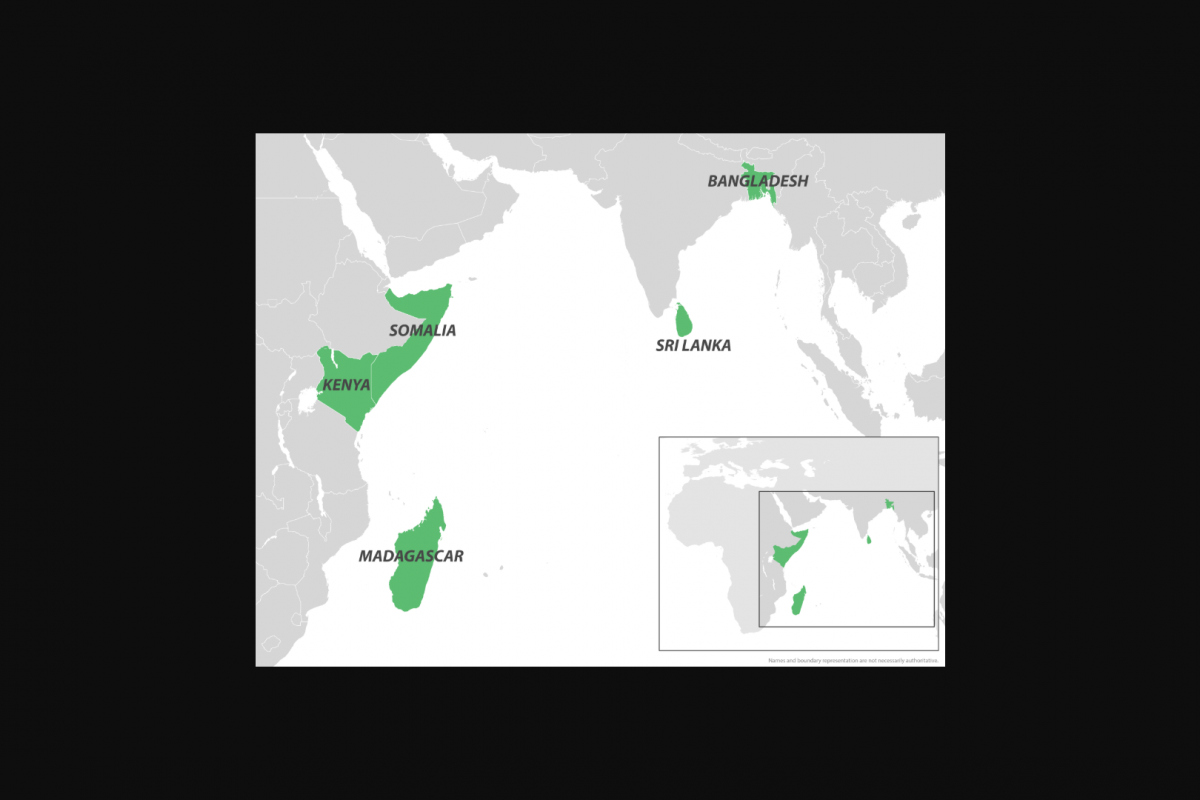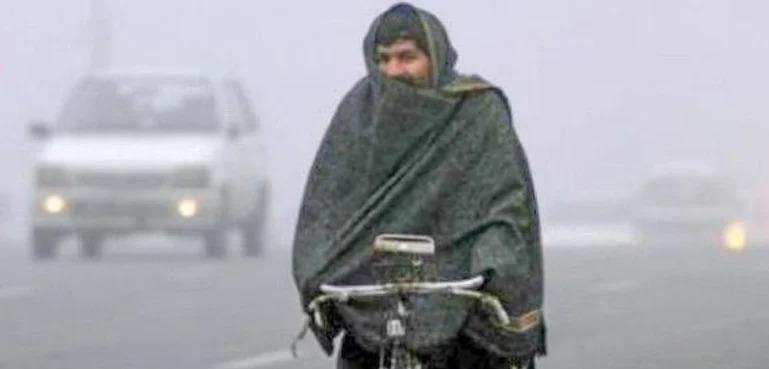Throughout 2025, Chikungunya fever outbreaks have been reported in countries that border the Indian Ocean. From Madagascar to France’s La Réunion Department, locally-acquired and travel-related cases have set new…
Author: admin
-

Sri Lanka’s Travel Alert Related to Chikungunya Virus Mutation — Vax-Before-Travel
(Vax-Before-Travel News) -

Taylor Swift rewards Eras Tour crew with $197m bonus gesture
Taylor Swift’s Eras Tour ends with emotional tribute to her team Taylor Swift’s crew moved to tears following a heartfelt gesture from the Grammy-winning singer at the end of her record breaking Eras Tour.
The…
Continue Reading
-

2 killed in Russia, millions in Ukraine without power as energy infrastructure targeted
Listen to this article
Estimated 3 minutes
The audio version of this article is generated by AI-based technology. Mispronunciations can occur. We are working with our partners to continually review and improve the results.
At least two people were…
Continue Reading
-
Primary SARS-CoV-2 exposure by vaccination or infection shapes immune responses to omicron variants among a Spanish cohort
World Health Organization-WHO. COVID-19 epidemiological update – 15 July 2024. https://www.who.int/publications/m/item/covid-19-epidemiological-update-edition-169.
Xie, Y., Choi, T. & Al-Aly, Z. Mortality in patients hospitalized for COVID-19 vs…
Continue Reading
-

Falling Temperatures Across Pakistan Trigger Unexpected Physical and Mental Health Effects, Warn Experts
Falling Temperatures Across Pakistan Trigger Unexpected Physical and Mental Health Effects, Warn ExpertsThe cold season has been described as particularly risky for elderly individuals and heart patients.